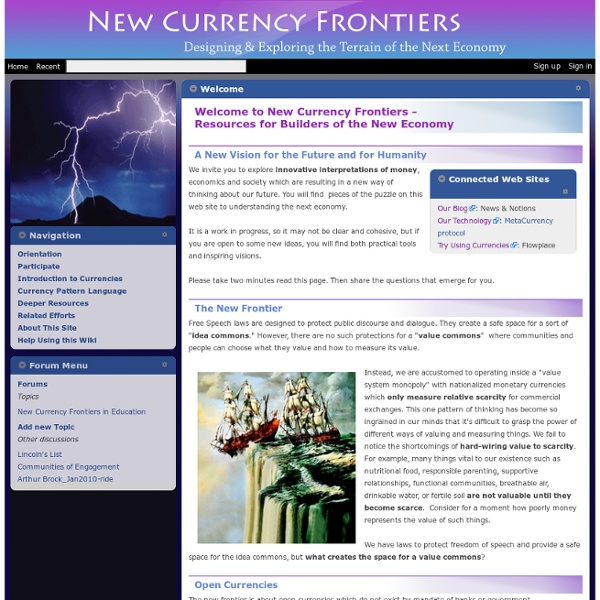



co-creatingcultures Recently we delivered the final prize Hack The Ride to Miquel Llobet and David Farrús, members of the WMB team who were the first prize winners of Hack The Ride with a proposal based on Google Glass that integrated data from the bike while you drive and you can request more or less information from the controls of the bike. It was the first of three prizes to be awarded at the end of 24 hours of Hack The Ride, a hackathon we organised for/with BMW Motorrad and the global BMW Innovation Group (Innovation Works). The idea was to create new applications for mobile phones and similar devices to improve motorcycle driving in town. It can be understood as the application concept “Connected Vehicle” to mnotorcycles. The “Connected Vehicle” was also one of the important themes of the Mobile World Congress this year. We took the Mobile World Center at Plaza Catalunya during the 22nd and 23rd of February. The other two winners were: Paul Günther of the Gumball team won the third prize.
Internet Financial EXchange (IFEX) Tech News | Innovation News | Money News Passengers on Beijing subway pay with plastic bottles Contact us Passengers on Beijing subway pay with plastic bottles Posted on August 11, 2013 by elma ‹ What to Buy Organic Have a mosquito problem??? Effective Assets Introduction | QOIN Money is a social construct, a human invention. We can redesign it to fulfil our needs. What is conventional money? Money is not a given. What are community currencies? Since money is man made, it can be reinvented to meet specific objectives within any kind of community, region or economic sector. stimulate local economic development, by localising production and consumption,build an active civil society,stimulate voluntary work,reduce costs to healthcare system,encourage sustainable consumption and improve waste separation. An ecosystem of community currencies Community currencies can be designed and executed in a many different ways. Social Currencies – time based currencies that value everyone’s contribution equally. Deepen your understanding of Community Currencies by getting in touch.
Y Combinator The Occupy Money Cooperative Online Fundraising Pages | Personal Internet Fundraisers | Fund Raise Online for Charity | Crowdrise The End of Money | Witte de With Christodoulos Panayiotou, 2008, (2008) Shredded money 600 (diameter) x 240 (height) cm Courtesy of the artist & Rodeo Gallery, Istanbul Installation photo Witte de With 2011: Bob Goedewaagen Opening: Saturday 21 May 2011 (6 – 9 pm) Performance by Goldin+Senneby at 7 pm Film Screening: Sunday 26 June 2011 (12 – 6 pm) The End of Money is a group exhibition about time and value. Bringing together works by a host of international artists, this exhibition and its parallel publication reflect upon the fears, hopes, and expectations associated with the end of money and its ominous consequence: the dissolution of an absolute standard of value. What limits does the economy impose on our collective imagination, and how is the collective imagination responsible for the current economy? Time, Benjamin Franklin famously said, is money. Curated by Juan A. Publication The accompanying digital publication, edited by Juan A. About the participants Maamoun, Maha Lives and works in Cairo, Egypt.
TRF The Reinvestment Fund: Capital at the point of impact